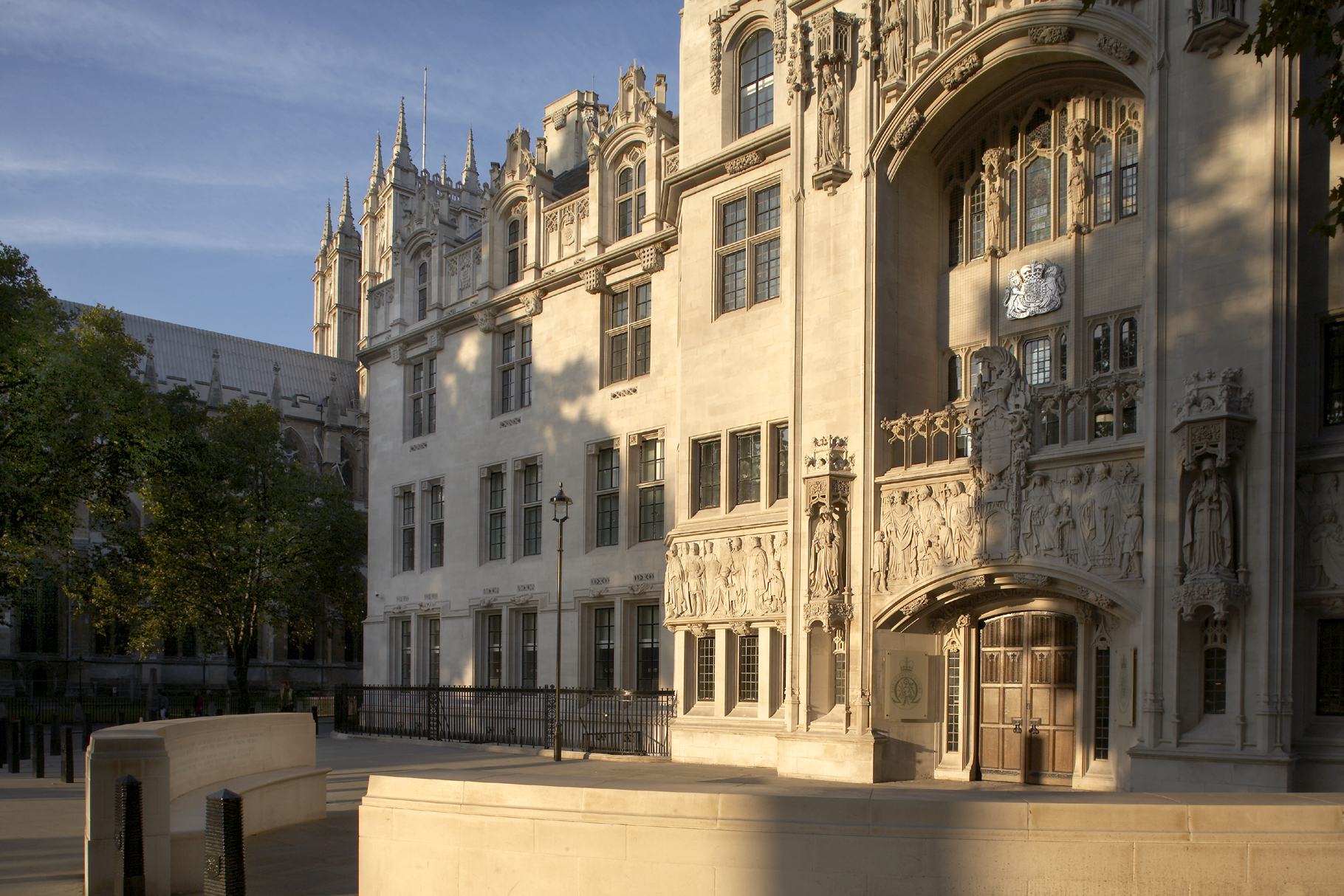The Pensions Regulator’s (TPR’s) use of statutory powers increased by nearly 50 per cent in Q4 2020 compared to the previous quarter, which the regulator described as "in line with expectations".
The regulator highlighted the details of its latest compliance and enforcement bulletin as a demonstration of how it has continued to “robustly protect savers” amid the pandemic.
TPR noted that whilst compliance with the law remains high, automatic enrolment (AE) enforcement is now returning to "normal levels" following easements put in place in March 2020, designed to support employers amid the initial impact of the pandemic.
The regulator used its powers for AE breaches 24,799 times between October and December, compared to 16,559 times in Q3 2020.
The number of escalating penalty notices issued in the quarter also increased, with 2,597 notices issued in Q4 2020, compared to 7 in Q3, while 8,362 Fixed Penalty Notices were issued during the same period, compared to 83 in Q3.
In addition to this, unpaid contribution notices nearly tripled in Q4 to 3,064, up from 1,026 in Q3 2020, which had also represented a 191.4 per cent increase on Q2.
TPR also issued 53 information notices in relation to AE under TPR’s section 72 powers, including where used as an alternative to carrying out employer inspections during the pandemic.
Commenting on the bulletin, TPR director of AE, Mel Charles, said: “We have continued to monitor employer behaviour and compliance closely, throughout the pandemic.
“The use of our powers declined significantly in the early months of the pandemic, as we introduced measures to support employers to ensure that they were not unduly penalised during a period of unprecedented administrative and financial disruption. We did not want to make a bad situation worse.
“As we anticipated and following the introduction of government support for employers, we have now lifted those easements and are returning to normal levels of enforcement activity.
“Despite the challenges, the vast majority of employers are meeting their duties towards their staff. However, as these figures show, we will use our powers where appropriate to ensure employers comply with the law.”
He added: “We know these are very challenging times for employers, including those who continue to receive government support, and the full impact of the pandemic on businesses will not be known for some time.
“However, businesses that employ staff must continue to ensure they do the right thing for savers, including putting them into a workplace pension and making contributions on their behalf.”
Alongside the bulletin, TPR has drawn attention to how its supervisory approach is protecting savers, highlighting recent engagement with First UK Bus as an example of this, which, following intervention through TPR’s Relationship Supervision, resulted in the group nearly doubling deficit repair contributions from £18m per year to £33m per year.
TPR executive director of frontline regulation, Nicola Parish, added: “Our work with First UK Bus is a fantastic example of how our Relationship Supervision work can significantly improve scheme funding and governance standards.
“Relationship Supervision allows us to develop relationships with schemes, monitor them more closely, outline our expectations and prevent problems from developing in the first place so that savers are safeguarded.”
Latest News
-
Govt urged to prioritise pension policy stability in Spring Statement
-
Just Group underlying operating profit falls by 39%
-
Employers warned modest pension defaults risk worsening adequacy gap
-
Aegon updates modelling tool to help members benchmark retirement needs
-
News in brief - 27 February 2026
-
PPF levy to remain at zero for 2026/27
Private markets – a growing presence within UK DC
Laura Blows discusses the role of private market investment within DC schemes with Aviva Director of Investments, Maiyuresh Rajah
The DB pension landscape
Pensions Age speaks to BlackRock managing director and head of its DB relationship management team, Andrew Reid, about the DB pensions landscape
Podcast: From pension pot to flexible income for life

Podcast: Who matters most in pensions?

In the latest Pensions Age podcast, Francesca Fabrizi speaks to Capita Pension Solutions global practice leader & chief revenue officer, Stuart Heatley, about who matters most in pensions and how to best meet their needs
© 2019 Perspective Publishing Privacy & Cookies










Recent Stories